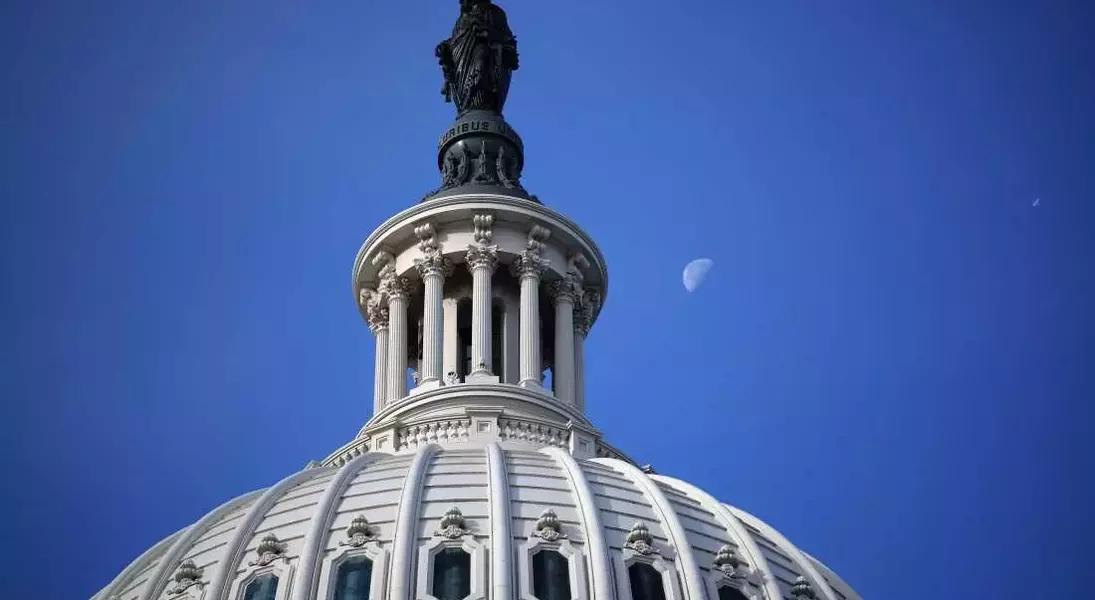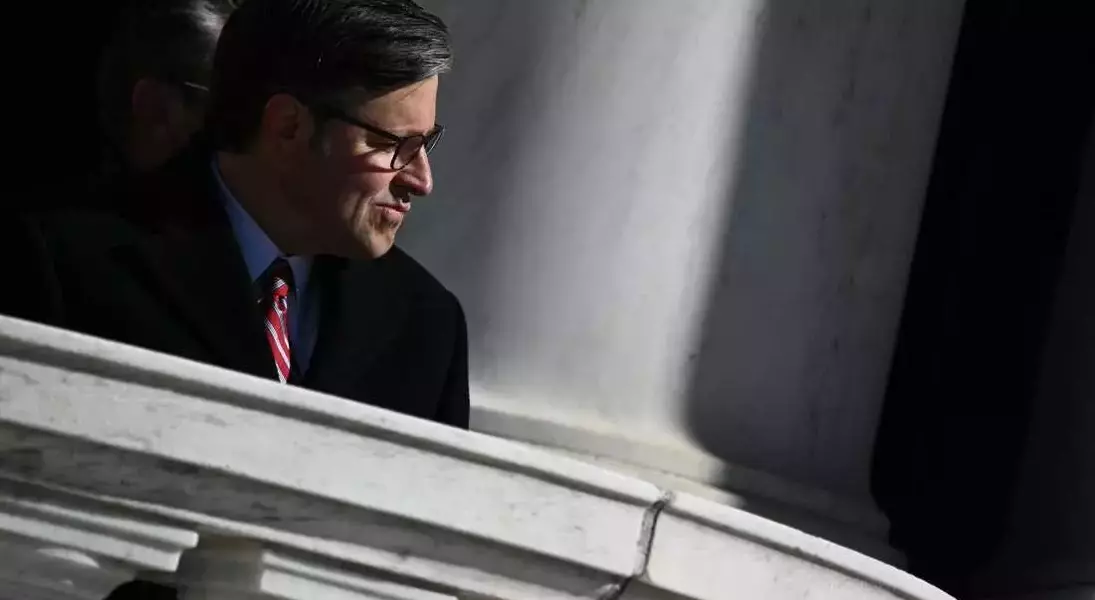




Ending the Impasse: A Legislative Breakthrough on Capitol Hill
House Poised to Conclude Prolonged Government Standoff
The U.S. House of Representatives is anticipated to enact a spending measure this Wednesday, which would effectively terminate the extended federal government closure, marking a significant development after weeks of stalemate. This impending vote follows the Senate's approval of the same legislation, signifying a bipartisan, albeit contentious, effort to resume normal government functions.
Scope of the Proposed Funding Bill and Its Impact
The legislative package under consideration aims to maintain current funding levels for a substantial portion of government operations until January 30th. Furthermore, it incorporates several appropriations measures designed to fully finance specific federal initiatives. Notably, the Supplemental Nutrition Assistance Program (SNAP), a vital food assistance program supporting nearly 42 million individuals, is slated to receive full funding through September 30, 2026. The interruption of SNAP benefits during the shutdown had previously led to legal challenges and widespread concern.
Senate's Endorsement and Reversal of Layoffs
The Senate greenlit this legislation late on Monday, with a coalition of seven Democrats, one Independent, and the majority of Republicans casting their votes in favor. A key component of the bill is a provision to annul the layoffs implemented by the previous administration during the period of government inactivity, thereby allowing affected federal employees to return to their positions.
Democratic Opposition and Unresolved Healthcare Concerns
Despite the legislative progress, a significant number of Democrats in Congress have vocally criticized the proposed agreement. Their primary grievance stems from the bill's failure to adequately address the expiring healthcare subsidies, which was a central point of contention in the prolonged shutdown. They argue that this oversight leaves a critical issue unaddressed, potentially impacting millions of Americans.
Future of Healthcare Subsidies: A Looming Legislative Battle
As part of the compromise, Senate Majority Leader John Thune committed to facilitating a vote by mid-December on legislation drafted by Democrats. This proposed bill aims to extend the Affordable Care Act tax credits, a move that some Republicans acknowledge is necessary to prevent substantial premium hikes for those reliant on these subsidies. However, the prospect of securing sufficient Republican support for passage remains uncertain, and House Speaker Mike Johnson has not guaranteed a vote on the matter.
Political Fallout and Electoral Implications
House Minority Leader Hakeem Jeffries vehemently rejected the current deal, advocating for House Democrats to oppose it. He asserted that the bill inadequately addresses the healthcare needs of the American populace. Jeffries and other opponents interpret recent election outcomes, which saw considerable Democratic victories, as a clear mandate from voters for stronger action on healthcare and a rejection of the shutdown strategy. Conversely, some Republican lawmakers believe the prolonged government closure will negatively impact Democrats who obstructed previous funding bills. However, the ultimate electoral impact of the shutdown, particularly with the midterm elections approaching next year and persistent economic concerns, remains to be seen.
